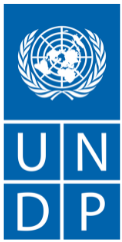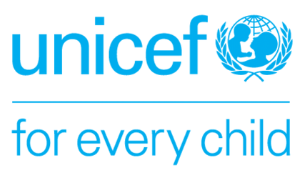The annual Financing for Sustainable Development Report (FSDR) published in April 2020 by the Inter-agency Task Force on Financing for Development, issues a stark warning that the global economic recession and financial turmoil from COVID-19 are derailing the Addis Ababa Action Agenda and achievement of the Sustainable Development Goals (SDGs).
The FSDR calls for immediate action – coordinated stimulus, debt service suspension and a large-scale liquidity injection – to address the crisis.















.png)


